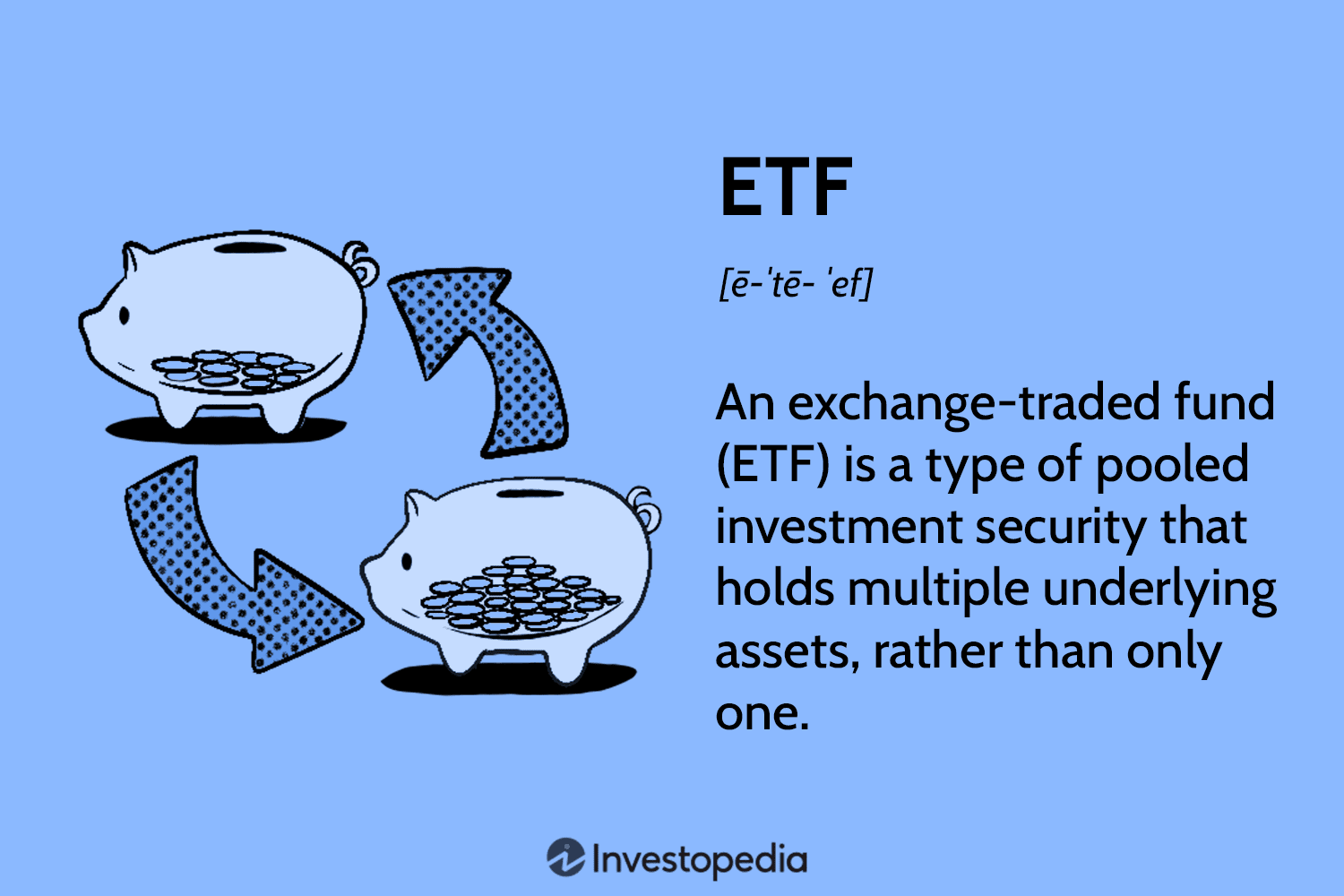Free Courses Sale ends Soon, Get It Now


Free Courses Sale ends Soon, Get It Now



Copyright infringement not intended
Picture Courtesy: www.investopedia.com
Context: The Minister of State in the Labour Ministry has highlighted in the Lok Sabha that the Employees’ Provident Fund Organisation (EPFO) has invested a total of more than Rs 2.5 trillion in exchange-traded funds (ETFs) over the past seven years.
Details
|
Employees' Provident Fund Organisation (EPFO) ●EPFO is a statutory body responsible for administering the Employees' Provident Funds and Miscellaneous Provisions Act 1952. ●It maintains and manages provident fund accounts of all eligible employees and employers. It collects contributions from both employees and employers and invests them in various government securities. ●It disburses monthly pensions to retired employees and their families. It also provides a family pension in case of the death of the employee during the service period. ●It frames rules and regulations for the operation of provident funds. It also monitors the activities of employers and ensures compliance with the Act. ●It administers various social security schemes for the benefit of employees, such as the Employees' Deposit Linked Insurance Scheme (EDLI) and the Atal Pension Yojana. |
Exchange-traded funds (ETFs)
Advantages
Disadvantages
|
PRACTICE QUESTION Q. How does the Employees' Provident Fund Organisation (EPFO) contribute to the Indian economy and the welfare of employees, and what initiatives has it taken to enhance the management and accessibility of provident funds for the workforce? |
© 2024 iasgyan. All right reserved